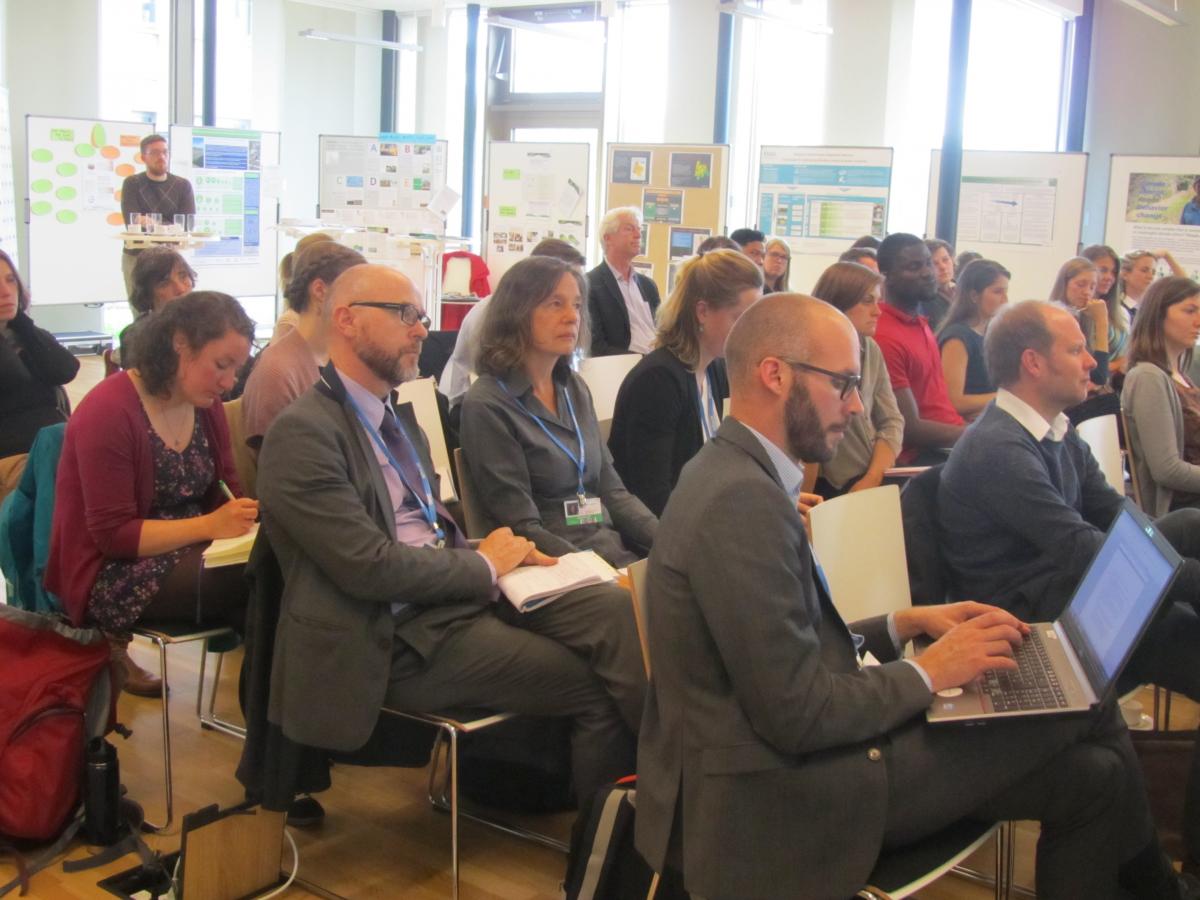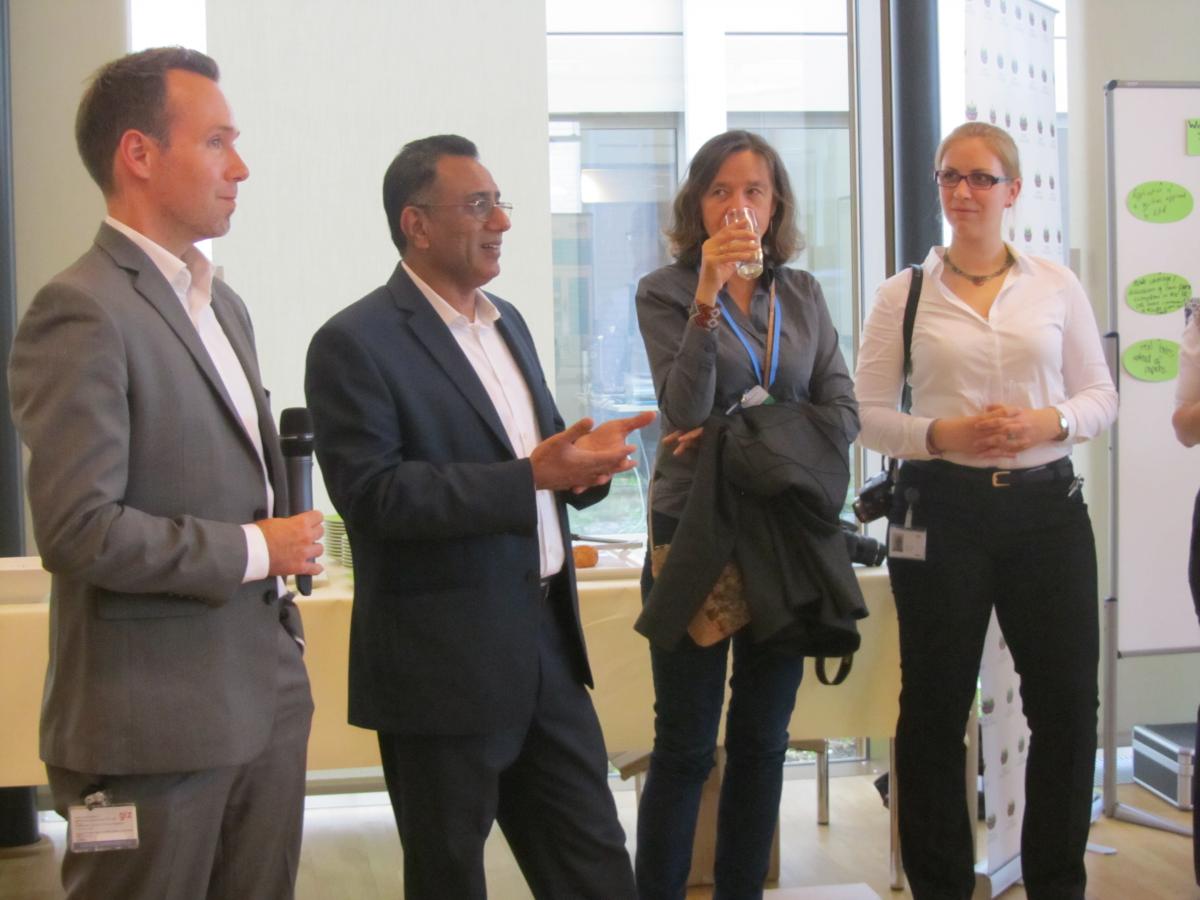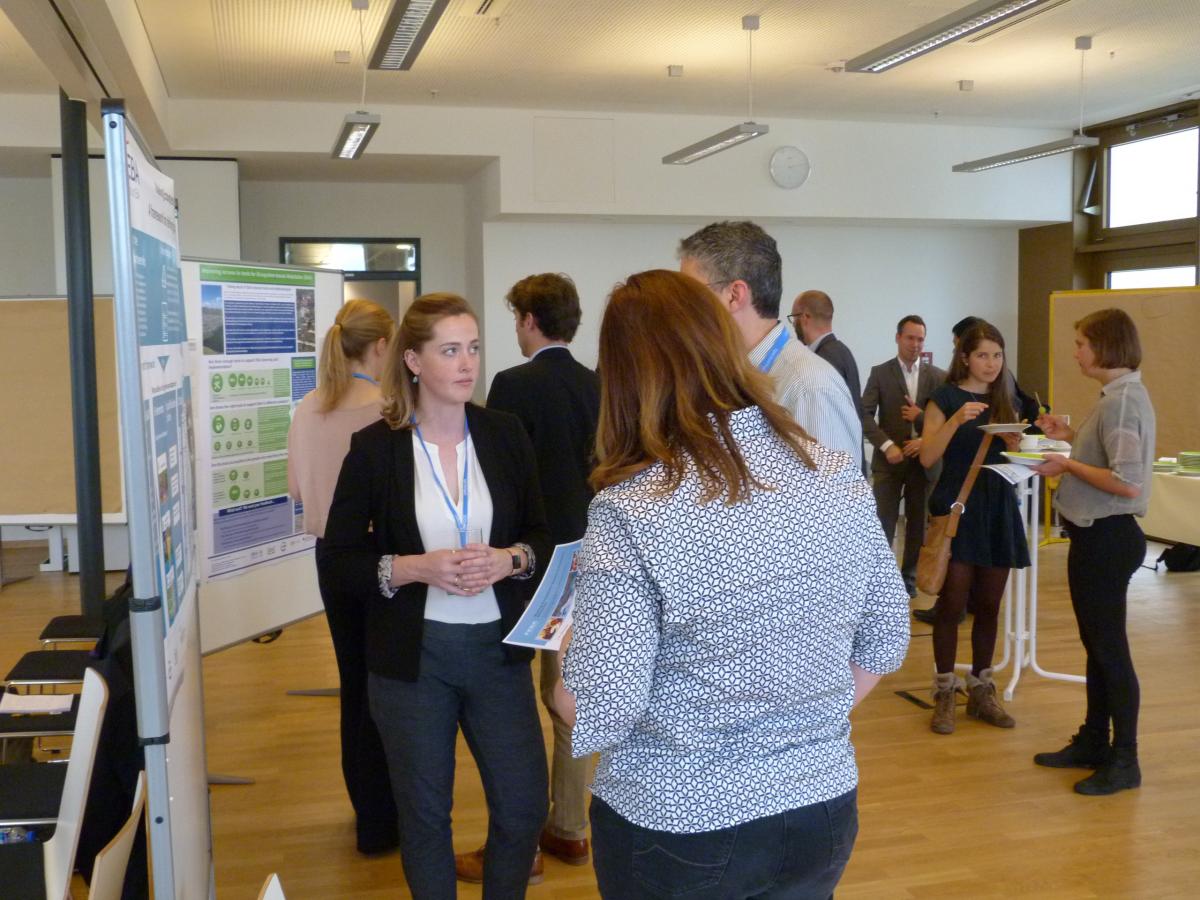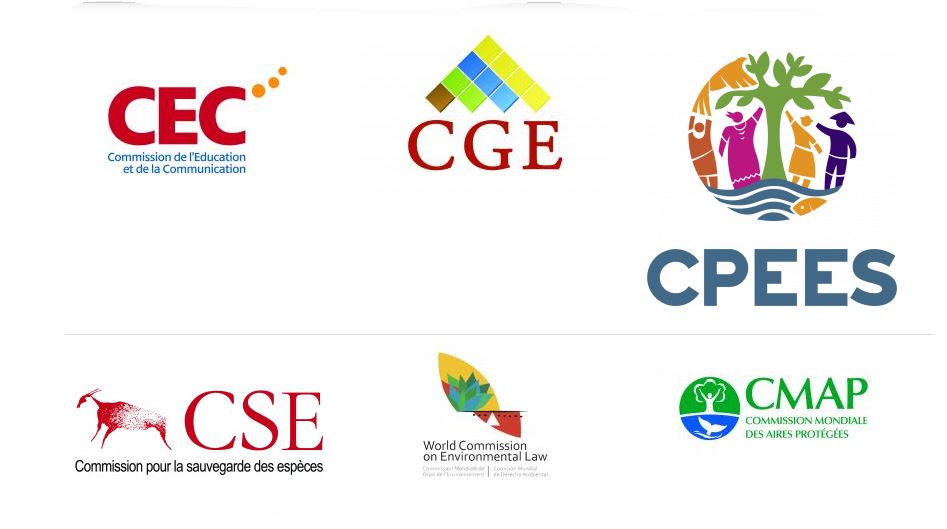Bringing together EbA champions to share knowledge and experiences
On Ecosystem-based Adaptation (EbA) Knowledge Day at the Bonn Climate Change Conference, IUCN and partners gathered a distinguished panel to reflect on different EbA experiences and discuss its implementation.
Ecosystem-based Adaptation (EbA) has fast emerged as a viable option to deal with the challenges of climate change in the context of a holistic adaptation strategy. Several Parties referred to the use of ecosystems in their first Nationally Determined Contributions (NDCs) while a number of Parties explicitly referenced EbA. There is a high need by political decision makers and implementers to effectively integrate EbA into policy frameworks, planning processes and implementation mechanisms dealing with various relevant sectors.
On 11 May 2017, GIZ, IUCN and FEBA co-hosted a UNFCCC SBSTA 46 side event – EbA Knowledge Day – to address this demand. We brought together more than 50 policy makers, practitioners, researchers, and donors working on issues dealing with climate adaptation, ecosystem conservation and management, and human resilience for an afternoon of interactive panel discussions and engaging poster Q&As. The panelists – from the German Ministry of Environment, the Philippines Department of Environment and Natural Resources, FAO, South African National Biodiversity Institute, Uganda’s Ministry of Water and Environment, and Stockholm Resilience Centre – shared what they have found does and does not work when aiming to strengthen EbA within national and subnational policy frameworks, reflected on the biggest gaps and the brightest opportunities for EbA implementation, and dove into the conceptual and on-the-ground complexities surrounding resilience, adaptation, ecosystems, and governance.
Posters presented by IUCN, Friends of EbA (FEBA), the Commission on Ecosystem Management, Conservation International, UN Environment WCMC, International Institute for the Environment and Development, and Rare identified methods and tools for effective EbA implementation, showcased innovative research and behavior-change methodologies for enhancing EbA, prompted participants to share their thoughts on how forest landscape restoration and EbA are linked, summarizing new EbA criteria for defining EbA and standards for determining the strength of EbA measures, and provided EbA perspectives from Pakistan and Colombia.
Some major event takeaways as summarized by participants were the underappreciated linkages between Eco-DRR and EbA, as well as between Forest Landscape Restoration (FLR) and EbA, EbA’s nature as a means, not an end, and a possible need to better integrate mitigation opportunities into EbA strategies. Mr. Paul Mafabi, Director, Environmental Affairs, in Uganda’s Ministry of Water and Environment, announced that as a result of the productive conversations at this event the Ministry wished to become the newest member of FEBA. EbA Knowledge Day closed with a call among participants to hold another EbA knowledge-sharing event at the UNFCCC Conference of Parties in November 2017.






